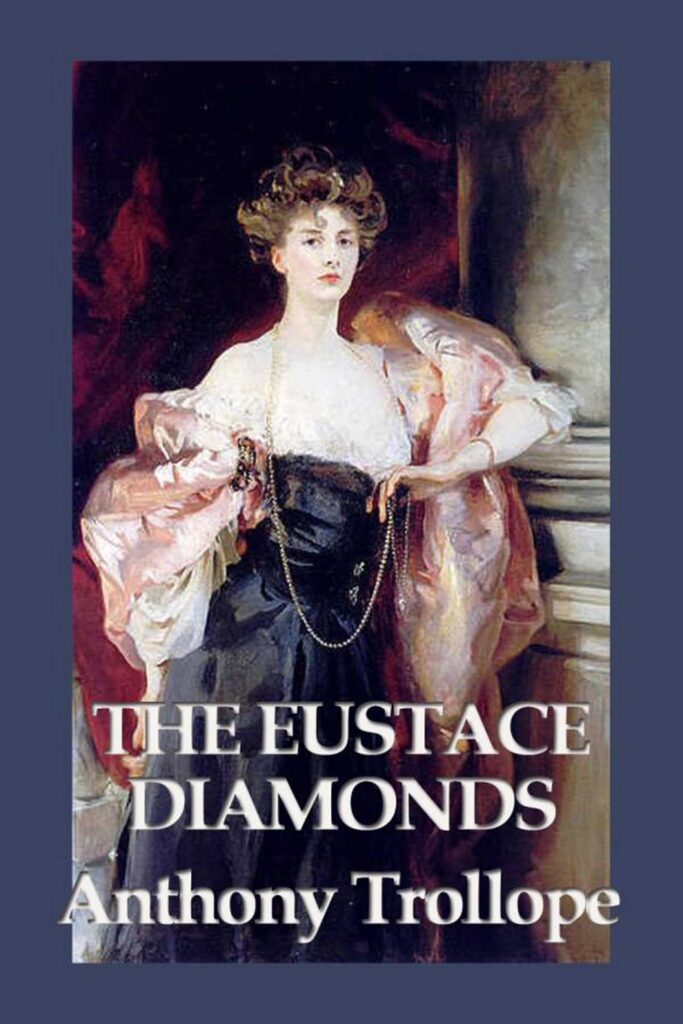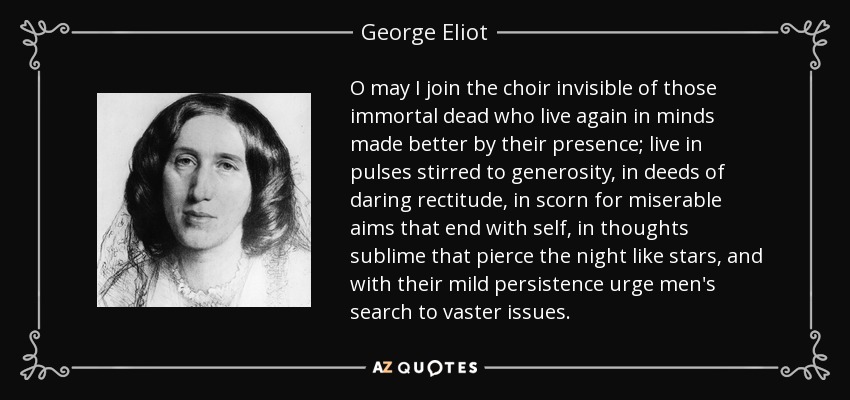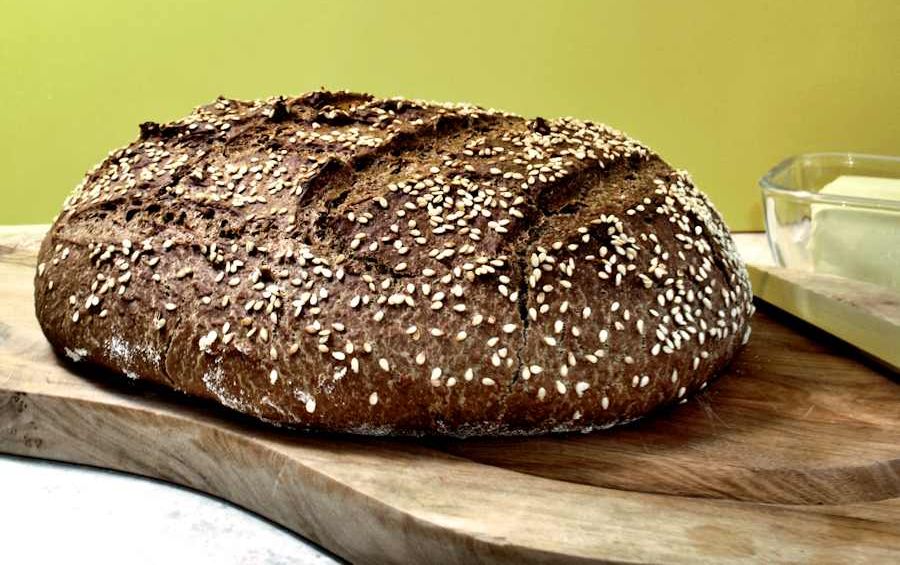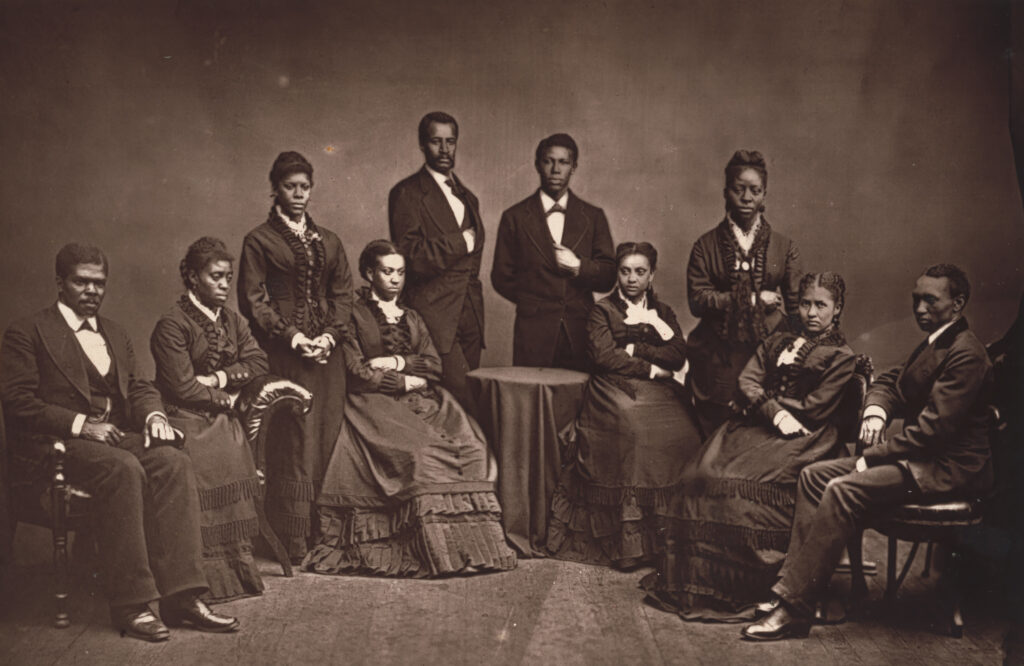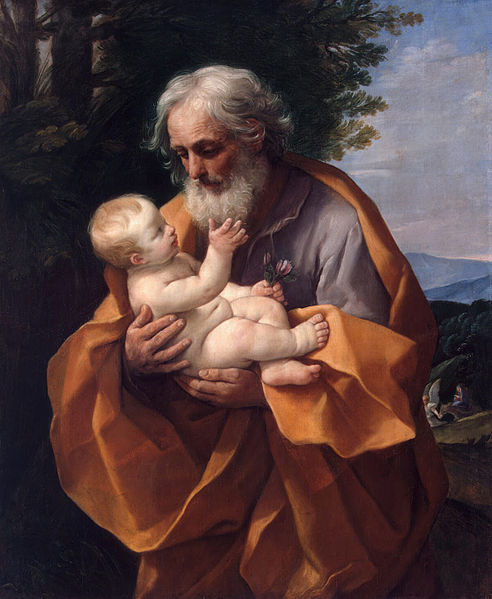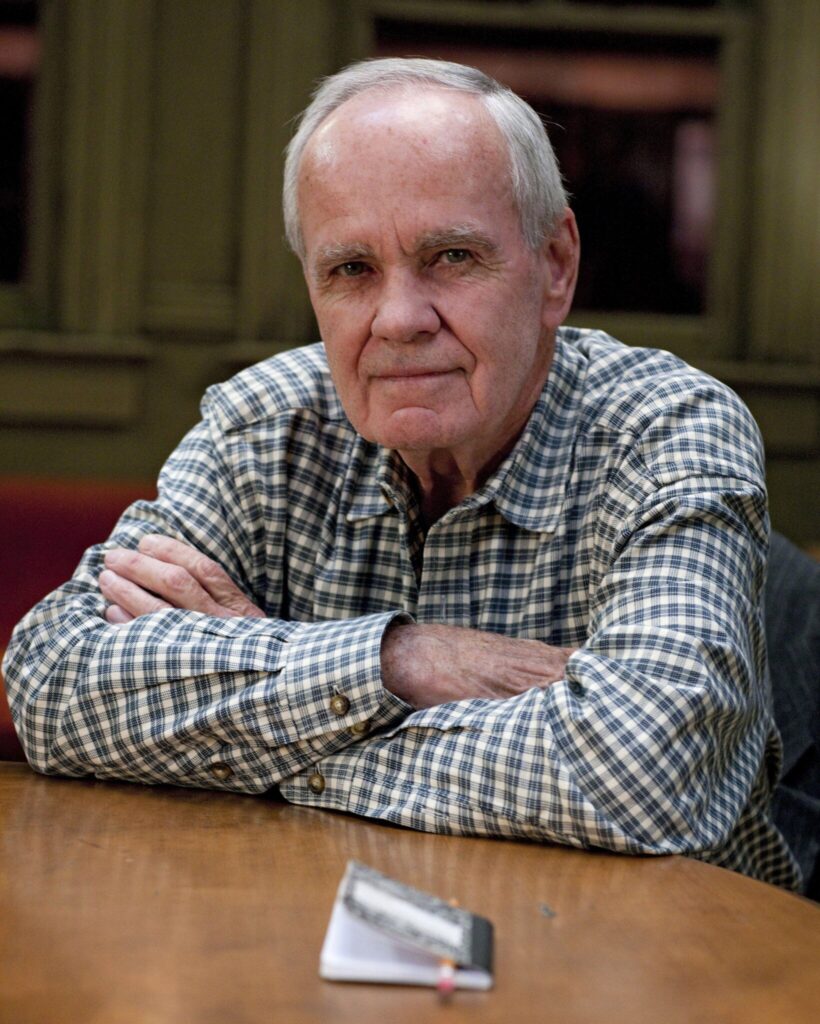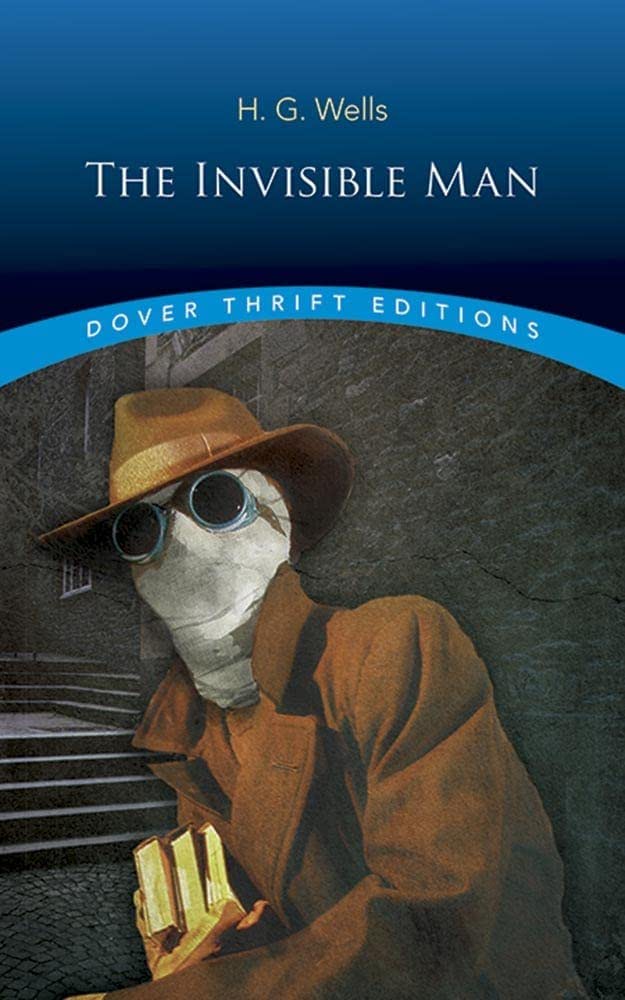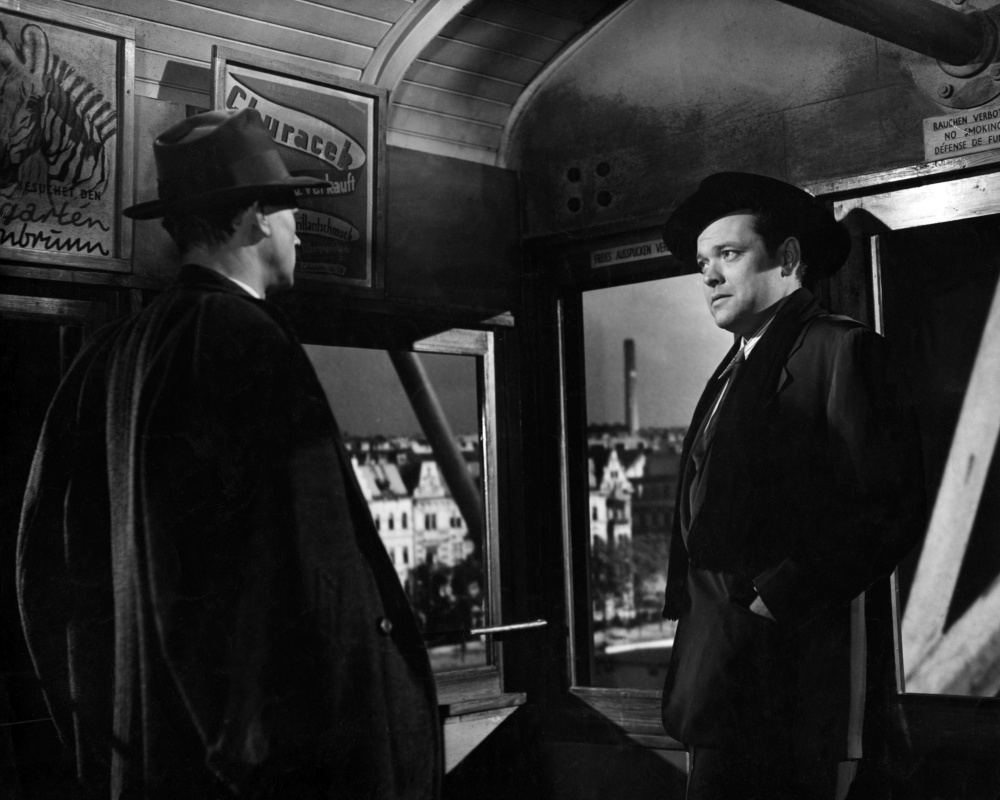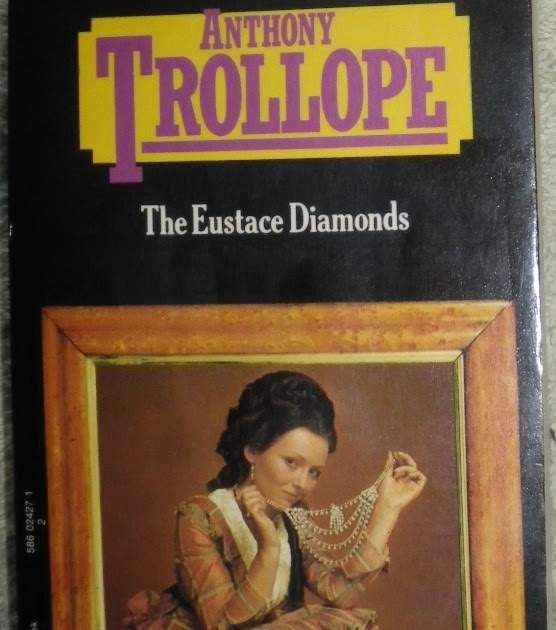Note: If you wish to receive, via e-mail, (1) my weekly newsletter or (2) daily copies of these posts, notify me at [email protected] and indicate which you would like. I promise not to share your e-mail address with anyone. To unsubscribe, send me a follow-up email.
Monday
Julia and I are listening to Antony Trollope’s The Eustace Diamonds as we drive north to our Carleton reunion, and the novel is interacting in unsettling ways with the recent indictment of Donald Trump over pilfered documents. Lizzy Greystock Eustace, a young widow, insists that a precious diamond necklace worth 10,000 pounds belongs to her as a gift from her husband. The Eustace family, on the other hand, insists that it is a family heirloom that should remain in the family.
Although we’re only a third of a way into the novel, I already find myself being driven mad by her non-stop insistence that the jewels are hers. A peer who has proposed marriage threatens to withdraw his offer unless the diamonds are restored to the family, and even her sympathetic cousin Frank thinks that returning them will be better for her peace of mind. She, however, is determined to retain possession. The more people push, the more she digs in:
“Peace!”—she exclaimed. “How am I to have peace? Remember the condition in which I find myself! Remember the manner in which that man [her fiancé] is treating me, when all the world has been told of my engagement to him! When I think of it my heart is so bitter that I am inclined to throw, not the diamonds, but myself from off the rocks. All that remains to me is the triumph of getting the better of my enemies. Mr. Camperdown [the Eusatace family lawyer] shall never have the diamonds. Even if they could prove that they did not belong to me, they should find them—gone.”
“I don’t think they can prove it.”
“I’ll flaunt them in the eyes of all of them till they do; and then—they shall be gone. And I’ll have such revenge on Lord Fawn before I have done with him, that he shall know that it may be worse to have to fight a woman than a man. Oh, Frank, I do not think that I am hard by nature, but these things make a woman hard.”
Enraged at those who (in her eyes) want to rob her of what is hers, Lizzy fantasizes about various forms of punishment, especially against Lord Faun:
“But what right has he to treat me so? Did you ever before hear of such a thing? Why is he to be allowed to go back,—without punishment,—more than another?”
“What punishment would you wish?”
“That he should be beaten within an inch of his life;—and if the inch were not there, I should not complain.”
“And I am to do it,—to my absolute ruin, and to your great injury?”
“I think I could almost do it myself.” And Lizzie raised her hand as though there were some weapon in it. “But, Frank, there must be something. You wouldn’t have me sit down and bear it. All the world has been told of the engagement. There must be some punishment.”
“You would not wish to have an action brought,—for breach of promise?”
“I would wish to do whatever would hurt him most,—without hurting myself,” said Lizzie.
“You won’t give up the necklace?” said Frank.
“Certainly not,” said Lizzie. “Give it up for his sake,—a man that I have always despised?”
“Then you had better let him go.”
“I will not let him go. What,—to be pointed at as the woman that Lord Fawn had jilted? Never!”
A little later in the interchange Trollope interjects an authorial comment that applies only too well to Trump:
“And there is to be no punishment?” she asked, with that strong indignation at injustice which the unjust always feel when they are injured.
When Frank recommends patience, he has no more luck than all those who have recommended moderation to Trump. Lizzy itches for retribution:
“If you carry yourself well,—quietly and with dignity,—the world will punish him.”
“I don’t believe a bit of it. I am not a Patient Grizel who can content myself with heaping benefits on those who injure me, and then thinking that they are coals of fire…. I’ll tell him to his face what he is. I’ll lead him such a life that he shall be sick of the very name of necklace.”
“You cannot ask him to marry you.”
“I will. What, not ask a man to keep his promise when you are engaged to him? I am not going to be such a girl as that.”
“Do you love him, then?”
“Love him! I hate him. I always despised him, and now I hate him.”
“And yet you would marry him?”
“Not for worlds, Frank…. But I’ll tell you what I’ll do. He shall ask me again. In spite of those idiots at Richmond he shall kneel at my feet,—necklace or no necklace; and then,—then I’ll tell him what I think of him. Marry him! I would not touch him with a pair of tongs.”
Lizzy has as many reasons for keeping the necklace as Trump gives for keeping the documents. Trump tells us that the documents are his because he was president and that a president can declassify documents in his mind and that the Department of Justice has a double standard in that everyone else took documents while only he is being attacked (all untrue). Lizzy, meanwhile, says that to take the necklace from her would dishonor her husband’s wish and (showing maternal solicitude for the first time in the book) would rob their son of his inheritance.
In both cases, money plays a role, although it’s still unclear how in Trump’s case. We don’t yet know whether the $2 billion his son-in-law received from the Saudis or their decision to hold high-profile golf tournaments at Trump courses had anything to do with the secret Iran attack plans that the former president absconded with. It’s certainly possible that he sees money to be made in the stolen documents.
The Eustace family lawyer, meanwhile, is terrified that Lizzy will break up the necklace and sell the diamonds. After all, despite the generous provisions in her husband’s will, she is beginning to run into debt. He doesn’t trust that she will in fact preserve the necklace for her son (which would solve the problem by keeping the diamonds in the family).
Lizzy’s behavior provides insight into Trump in that narcissism is a strong enough motivator for both. If others deny them what they think they want, they feel that they are nothing—that their identities have been erased—and so will sacrifice everything to achieve their ends. There’s seldom any long-term planning or strategic thinking in their burn-it-all-down obsession. As Washington Post columnist Ruth Marcus puts it, Trump can be partly explained as an “eternal toddler”:
He wants what he wants. The papers are his toys, and he will not give them back. “I don’t want anybody looking,” Trump is quoted as telling his lawyer, in the lawyer’s damning memo-to-self. “I don’t want anybody looking through my boxes, I really don’t.” My boxes. Mine, mine, mine.
Everyone agrees that the whole issue would have gone away if Trump had simply returned the papers, just as Lizzy can get married if she returns the necklace. But reason doesn’t hold much water with those who see their foundational identities under attack.
